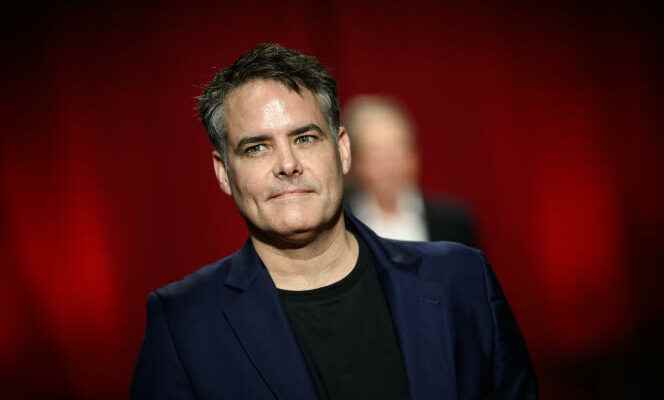In 2013, the success of Gloria, first at the Berlin Festival, then in Chilean, French or American cinemas, propelled Sebastian Lelio to the forefront of young Chilean filmmakers, along with Pablo Larrain. The author of this invigorating portrait of a woman, his fourth feature film, continued with A fantastic woman (2017), which depicted a violent Chilean society, plagued by the aftermath of the dictatorship, through the eyes of a trans woman, only to then venture far from home with Disobedience (2017) and Gloria Bell (2018), American remake of Gloria built around its star, Julianne Moore.
Presented at the Toronto Festival in September, The Wonder (“the marvel”, or “wonder”, in English) was filmed in Ireland and offers, once again, a formidable role to a great actress, Florence Pugh. She plays an English nurse dispatched to a small Irish village to study the case of a teenager who claims to have stopped eating and survive only by divine grace.
Why did you make a film whose central subject is belief?
This project was the perfect opportunity to explore the role of fiction and stories in our lives, as well as to find a way to introduce the film itself into this questioning, as a fictional machine, which triggers a kind of belief among the spectators…
What differentiates an artist, who asks that we believe in his story, from a religious or political leader?
In The Wonder, I try to make the viewer active. I invite him to believe in this story, while exposing him to the mechanisms of narration [l’histoire proprement dite, située en 1862, est encadrée de séquences qui exposent les décors reconstitués]. You will therefore see characters trapped in stories, and others who invent new stories, new ways of reading reality. But you’ve been warned: I’m counting to three, and I’m asking you to suspend your disbelief.
This requirement comes from a filmmaker who shoots far from home and who takes on a subject that is foreign to him…
It is important for me to find the path that will allow me to tell a story. Which has to do with how the story resonates with me, first. But, then, I have to explain to myself who I am, me, a Chilean filmmaker, to arrogate to myself the right to go to Ireland and tell a dramatic moment in Irish history, the day after the Great Famine. In addition, what is happening to this young girl is upsetting, we cannot be lighthearted on this subject. But I grew up in the south of Chile, under a very patriarchal dictatorship, in a very Catholic country [Sebastian Lelio est né en 1974, l’année qui a suivi le coup d’Etat qui renversa Salvador Allende]. I said to myself that I didn’t know much about the cultural specificities of Ireland in 1862, but what was behind the dynamics of the history of The Wonder belonged to the same state of mind.
You have 45.32% of this article left to read. The following is for subscribers only.
